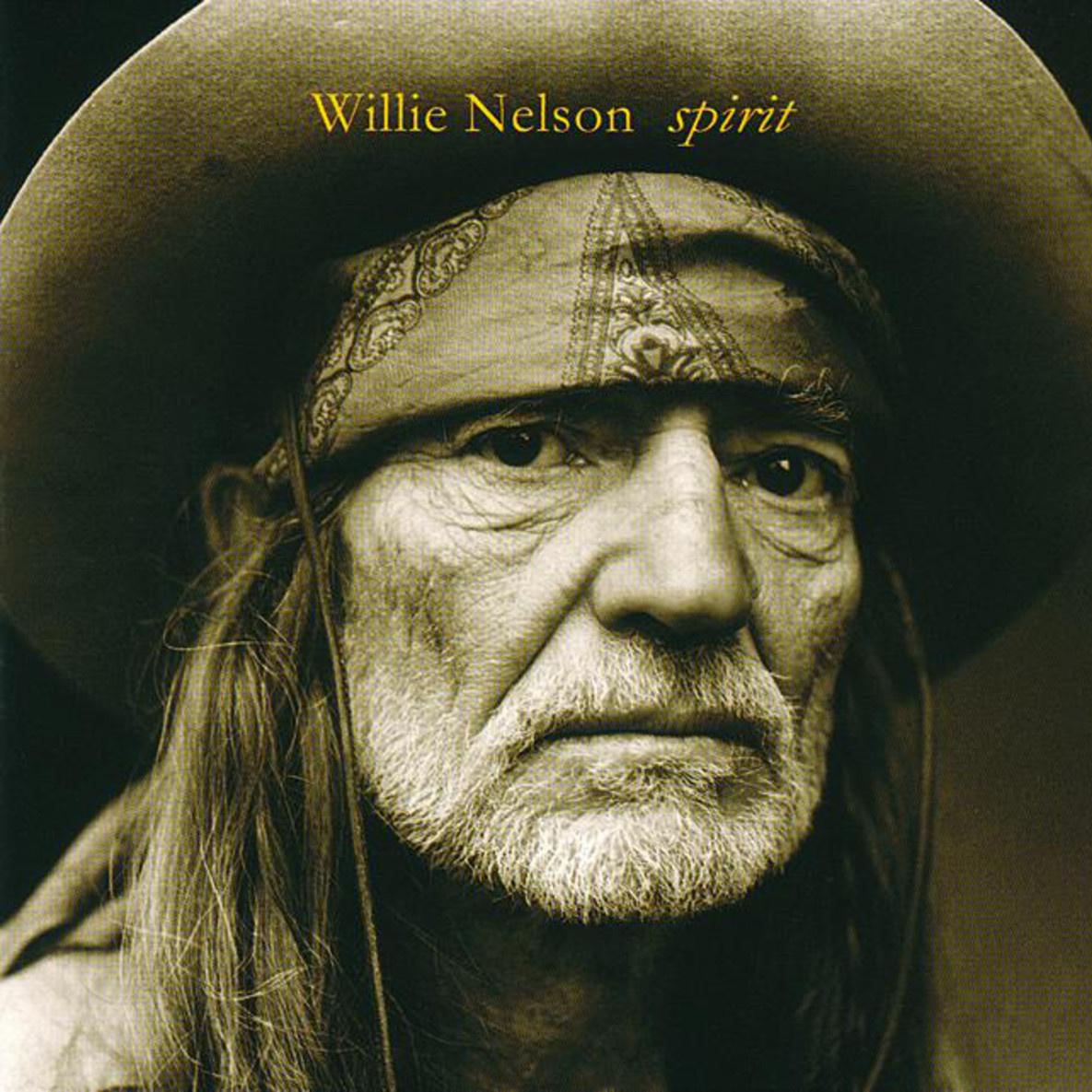Peter: I Did Not Care for The Godfather - Exploring the Impact of Iconic Films on Personal Preferences
#### IntroductionIn the vast landscape of cinematic history, few films have left as profound an impact as "The Godfather." However, not everyone shares the……
#### Introduction
In the vast landscape of cinematic history, few films have left as profound an impact as "The Godfather." However, not everyone shares the same admiration for this classic. In this article, we delve into the statement, **Peter: I Did Not Care for The Godfather**, exploring the reasons behind such sentiments and the broader implications on film appreciation and personal taste.
#### Understanding Personal Taste in Cinema
Cinema is a deeply personal experience, shaped by individual backgrounds, preferences, and perspectives. For some, "The Godfather" is a masterpiece that encapsulates the essence of storytelling, character development, and thematic depth. For others, like Peter, the film may not resonate as strongly. This divergence in opinion invites a deeper exploration of what influences our cinematic preferences.
#### The Cultural Significance of The Godfather

"The Godfather," directed by Francis Ford Coppola, is often hailed as one of the greatest films of all time. It tells the story of the Corleone family and explores themes of power, loyalty, and the American Dream. Its cultural significance cannot be understated, as it has influenced countless filmmakers and has become a touchstone for discussions about organized crime, family dynamics, and morality in cinema.
However, for viewers like Peter, the film's slow pacing, complex character arcs, or even its portrayal of violence may detract from the overall experience. This raises the question: Can a film be iconic and yet not appeal to everyone? The answer is a resounding yes.
#### Exploring Alternative Cinematic Preferences
While "The Godfather" is revered by many, there exists a plethora of films that cater to different tastes. Some viewers might prefer action-packed blockbusters, romantic comedies, or thought-provoking documentaries. Understanding why Peter did not care for "The Godfather" can lead to a broader discussion about what makes a film enjoyable or relatable.

For instance, films that prioritize fast-paced storytelling or feature relatable characters may resonate more with certain audiences. Additionally, cultural context plays a significant role; a viewer's upbringing, values, and life experiences can heavily influence their perception of a film.
#### The Role of Criticism and Discussion in Film Appreciation
Peter's opinion on "The Godfather" opens the door to critical discussions about film. Criticism is an essential part of the cinematic experience, allowing viewers to articulate their thoughts and feelings about a film. Engaging in discussions about why one might not enjoy a celebrated film can lead to a deeper understanding of both the film itself and the viewer's preferences.
Moreover, such conversations can foster a greater appreciation for diverse opinions in the film community. Just because a film is critically acclaimed does not mean it will resonate with every viewer. This diversity of thought enriches the cinematic landscape and encourages filmmakers to explore various narratives and styles.

#### Conclusion: Embracing Diverse Perspectives in Cinema
In conclusion, the statement **Peter: I Did Not Care for The Godfather** serves as a reminder that film is a subjective art form. While "The Godfather" may stand as a pillar of cinematic achievement, it is essential to recognize and respect the varied tastes of viewers. Embracing these differences not only enhances our understanding of cinema but also encourages a more inclusive dialogue about what makes a film truly great.
Ultimately, cinema is about connection—whether that connection is with a character, a story, or a particular emotion. For Peter, that connection may simply lie elsewhere, and that is perfectly valid. As we continue to navigate the world of film, let us celebrate both the iconic and the overlooked, recognizing that every viewer's perspective adds richness to the cinematic tapestry.